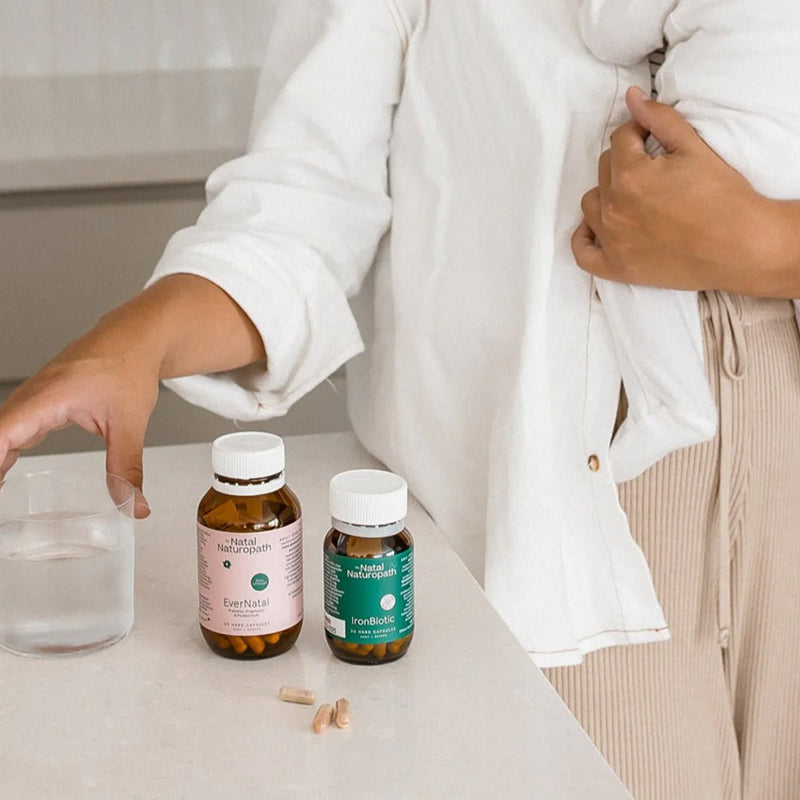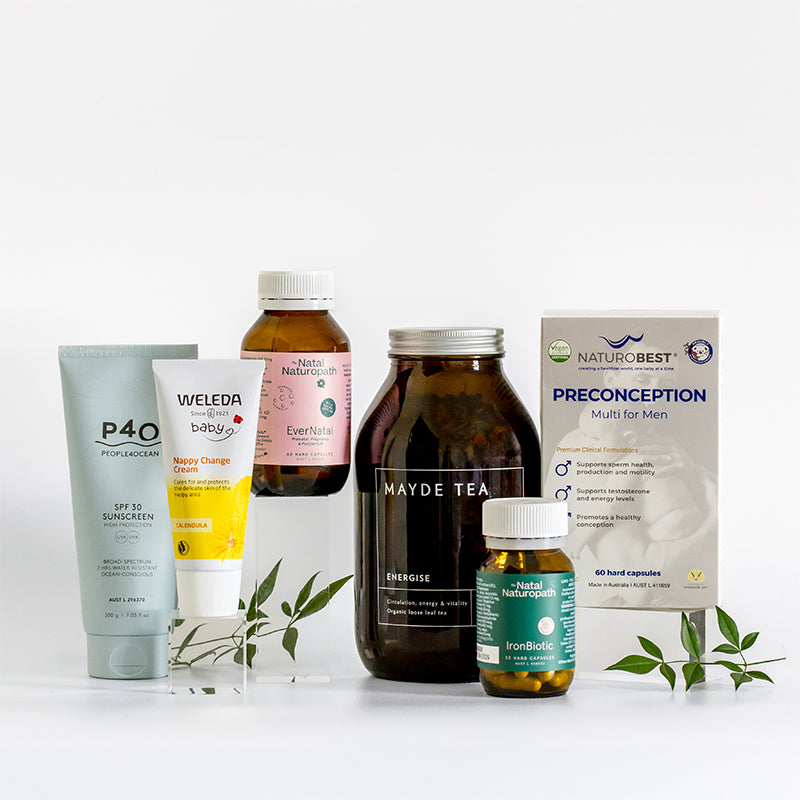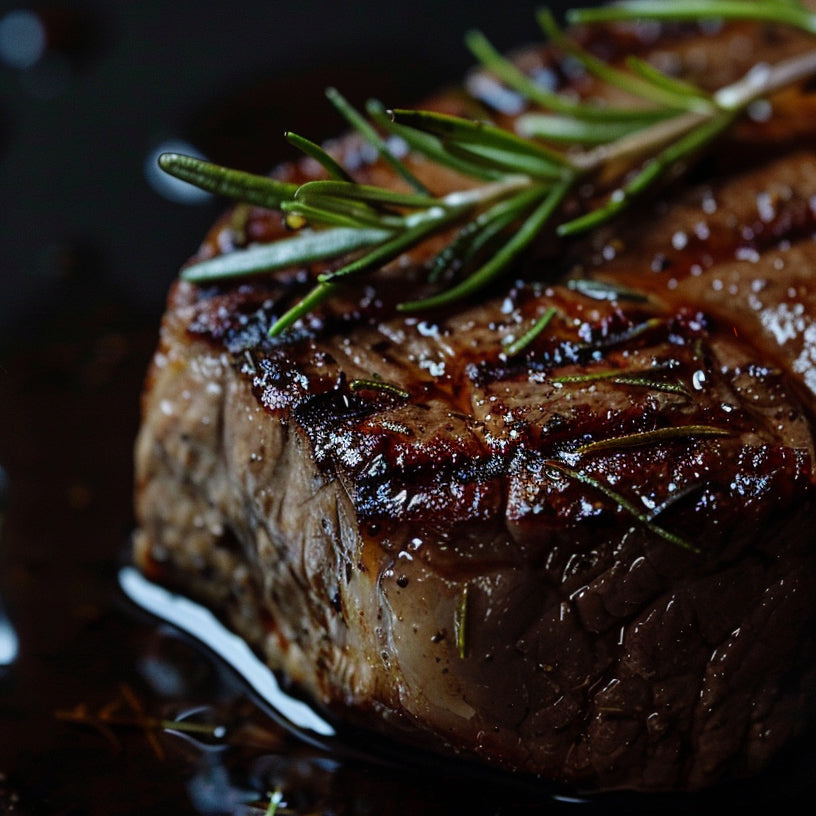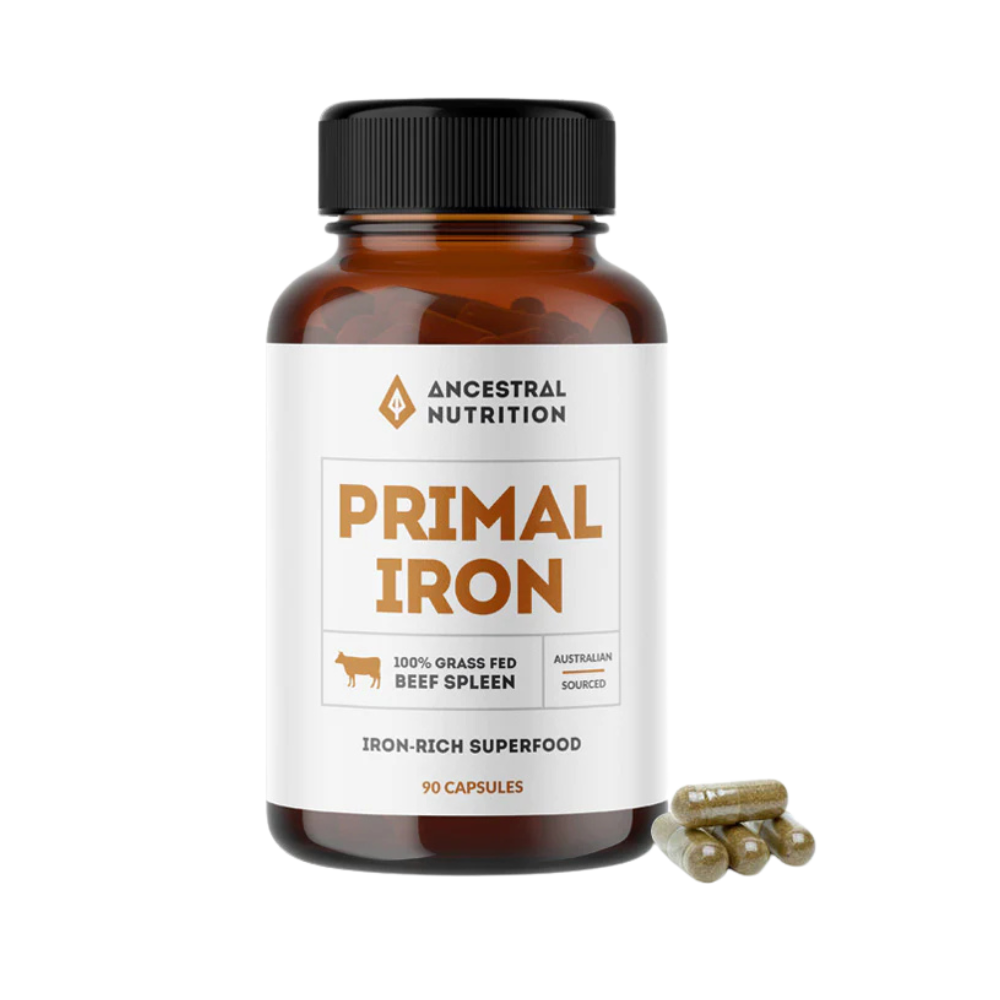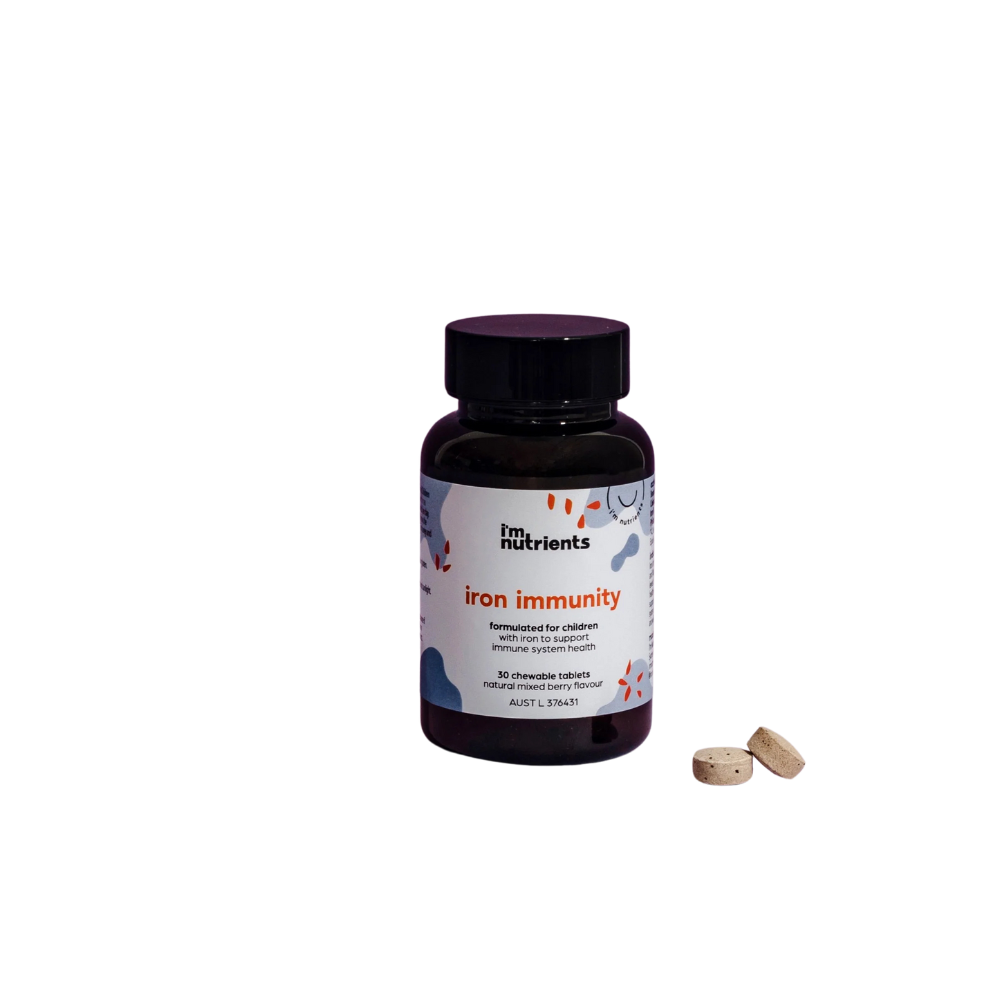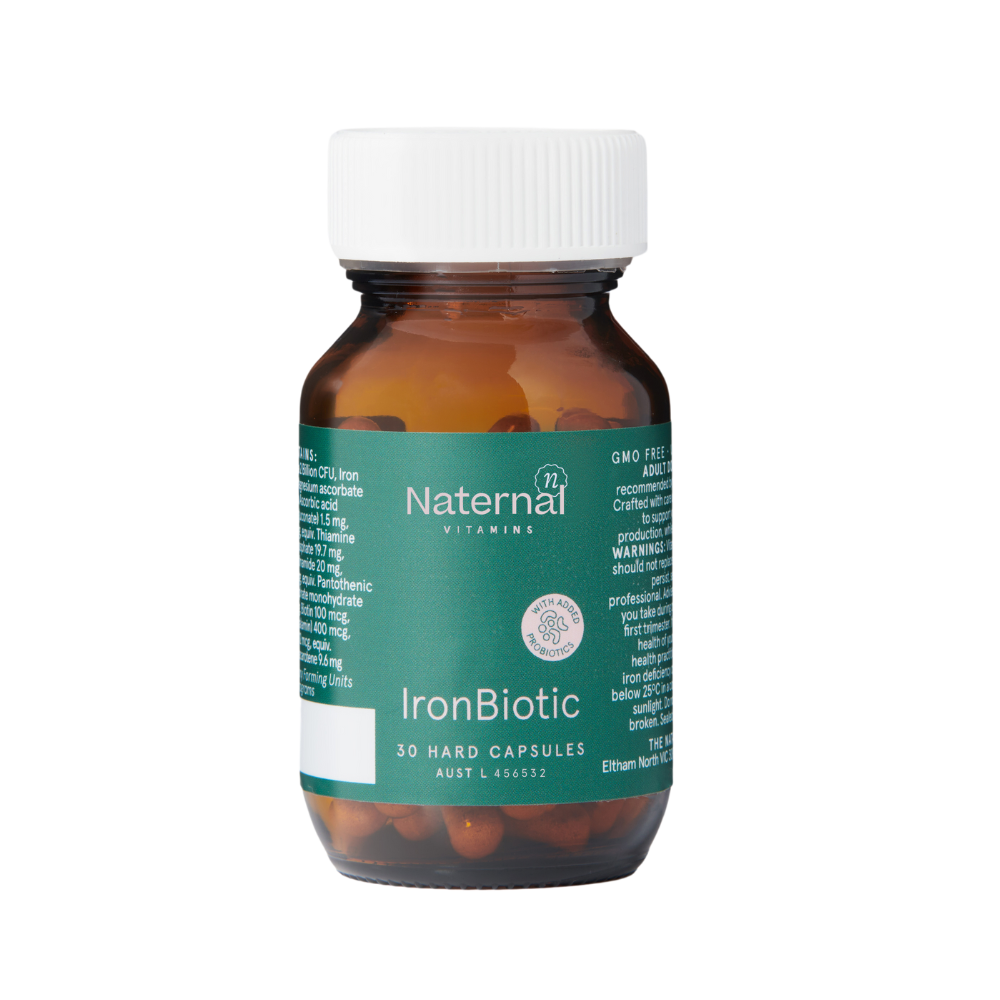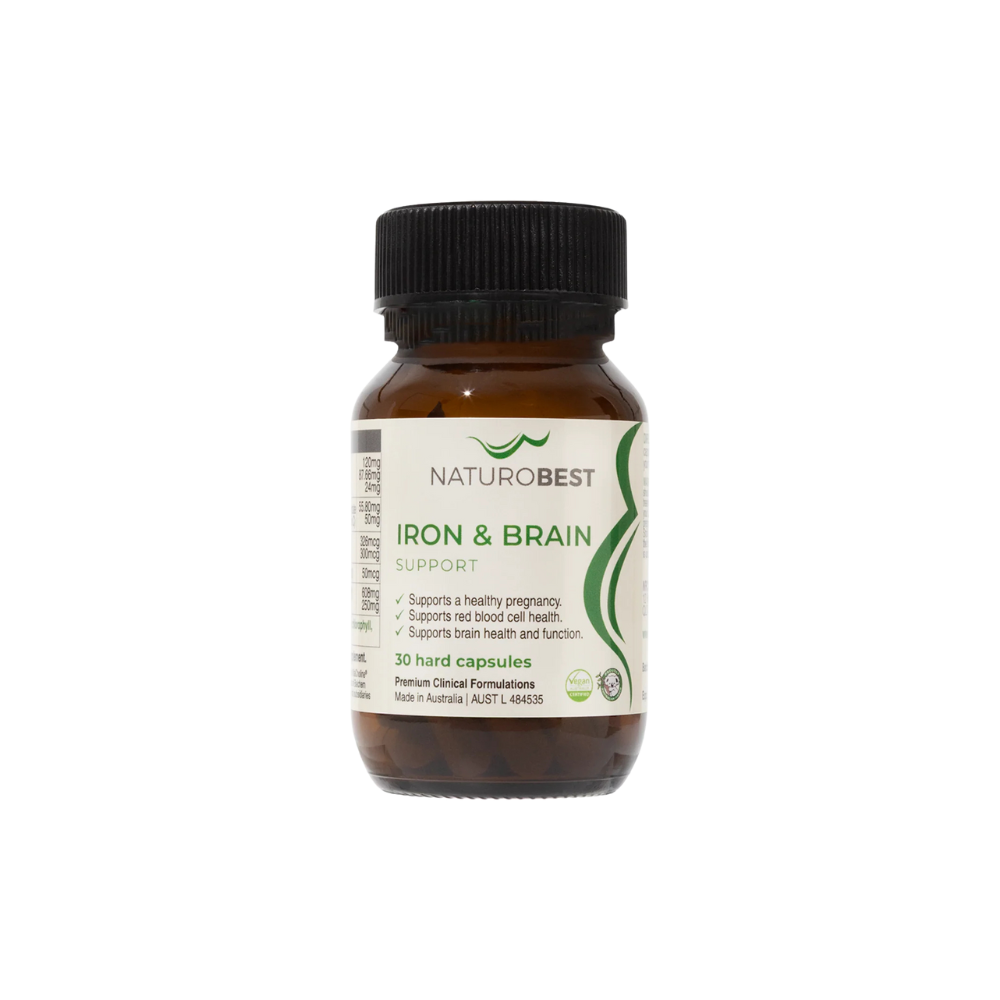If you are feeling tired most of the time, and also don't eat enough red meat, or your periods are very heavy, then we might need to look at your iron levels. Iron is a crucial mineral that plays a vital role in various bodily functions, including transporting oxygen, supporting energy production, and maintaining a healthy immune system. Unfortunately, many individuals find themselves grappling with low iron levels, leading to fatigue, weakness, and other health issues. As a naturopath, I am passionate about empowering individuals to take control of their health naturally. In this blog post, we will explore five effective tips to enhance iron levels naturally and delve into the reasons why you might be experiencing low iron.
-
Embrace Iron-Rich Foods: One of the simplest ways to boost your iron levels is by incorporating iron-rich foods into your diet. Opt for lean meats, poultry, fish, and plant-based sources such as lentils, beans, spinach, and fortified cereals. Consuming vitamin C-rich foods alongside iron-rich ones enhances iron absorption, so include fruits like oranges, strawberries, and bell peppers in your meals.
-
Cook with Cast Iron Cookware: Believe it or not, your choice of cookware can impact your iron levels. Cooking with cast iron pans can infuse your food with a small amount of iron, contributing to your overall intake. This is particularly beneficial for individuals with mild iron deficiencies. Just be sure to season your cast iron cookware properly to prevent rust and optimise its iron-releasing properties.
-
Avoid Iron Inhibitors: While increasing iron-rich foods in your diet is essential, it's equally crucial to be mindful of substances that inhibit iron absorption. Tannins in tea and coffee, calcium-rich foods and supplements, and high-fiber foods can hinder iron absorption. Consider spacing out your consumption of these items from your iron-rich meals to maximise absorption.
-
Manage Stress and Prioritise Sleep: Chronic stress and inadequate sleep can negatively impact your body's ability to absorb and utilise iron. Implement stress-reducing practices such as meditation, yoga, or deep breathing exercises into your daily routine. Ensure you are getting sufficient, quality sleep each night to support overall well-being and iron metabolism.
-
Explore Herbal Supplements: Herbal supplements can be a valuable addition to your iron-boosting arsenal. Herbs like yellow dock, nettle, and dandelion are known for their iron-enhancing properties. Always consult with a healthcare professional or a qualified naturopath before incorporating herbal supplements into your routine to ensure they are safe and appropriate for your individual needs.
Why Might You Have Low Iron Levels?
Understanding the root cause of low iron levels is essential for effective management. Common reasons include:
-
Poor Dietary Choices: Diets lacking in iron-rich foods can lead to insufficient iron intake.
-
Digestive Disorders: Conditions like celiac disease, inflammatory bowel disease, or gastrointestinal surgery can impair iron absorption.
-
Menstrual Blood Loss: Women, especially those with heavy menstrual periods, are at an increased risk of iron deficiency.
-
Pregnancy: The demands of a growing fetus can deplete a woman's iron stores during pregnancy.
-
Underlying Health Conditions: Certain health conditions, such as chronic inflammatory disorders or kidney disease, can contribute to iron deficiency.
Improving iron levels naturally involves a holistic approach that encompasses dietary choices, lifestyle modifications, and addressing the underlying causes of iron deficiency. By incorporating these tips into your daily life, you can embark on a journey towards optimal iron levels and overall well-being. Remember, always consult with a healthcare professional or naturopath before making significant changes to your diet or lifestyle.
When I work with my clients in Clinic I have specific bioavailable iron supplements I recommend, so if you are needing help please reach out.

